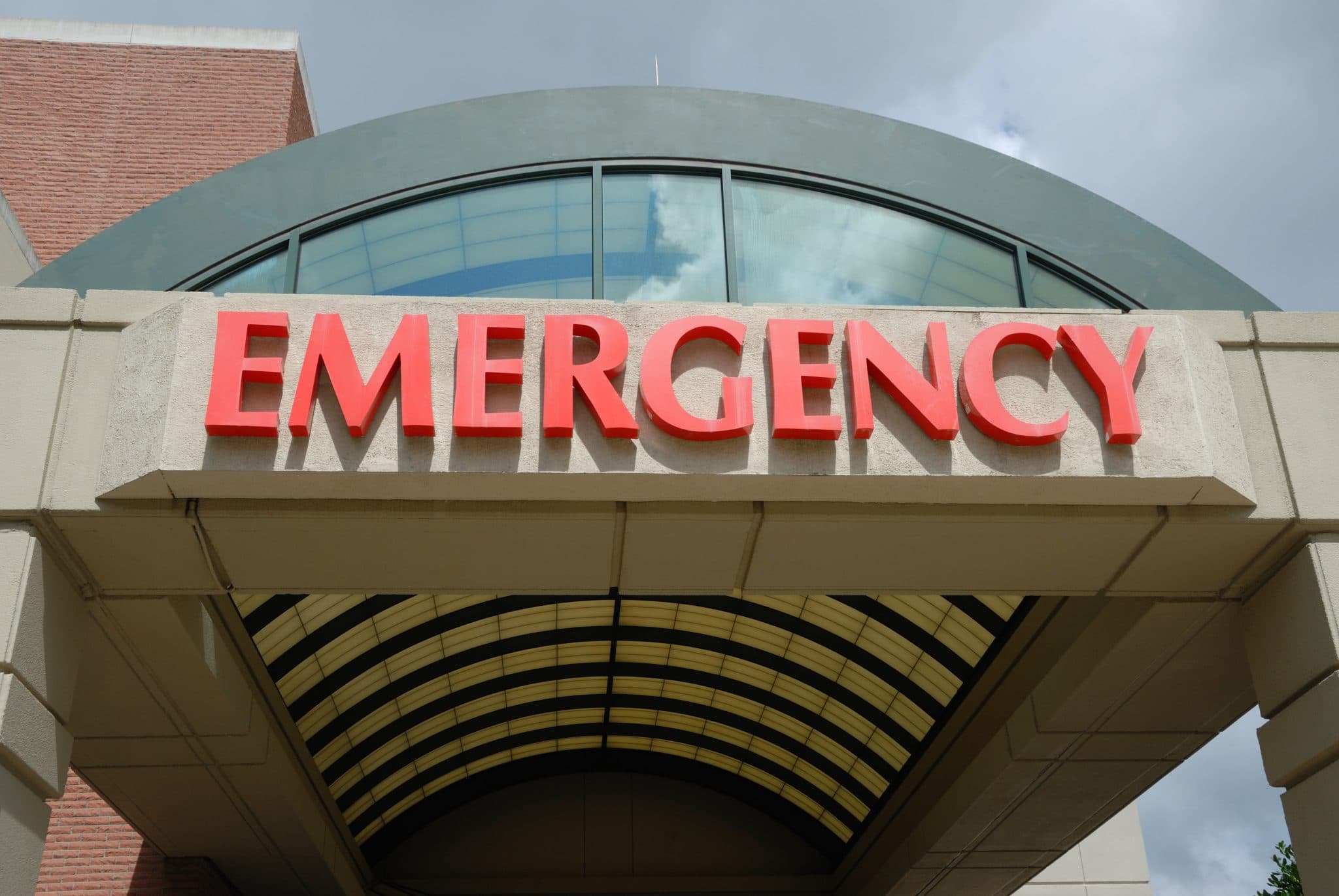TIPS FOR EMERGENCY CARE
By Andy Miller
If you believe your life or someone else’s life is at risk, you should call 911 rather than driving yourself or getting someone else to drive, emergency medicine physicians say.
“Trust the EMS professionals and system in your area to get you to the most appropriate hospital as quickly as possible,” says Dr. Brad Uren, assistant professor of emergency medicine at the University of Michigan Medical School and a spokesman for the American College of Emergency Physicians.
EMS can evaluate patients and begin treatments that can save lives, he adds.
Examples of such life- or limb-threatening conditions include large severe burns, serious bleeding, severe chest pain or shortness of breath, severe headaches, sudden vision changes, weakness of arms or legs, or severe trauma where a person is unconscious or not acting normally.
If you choose to seek care on your own in such an emergency, the closest hospital is always the appropriate hospital, Uren says.
Of course, people in rural areas may have only one hospital ER available.
“If you end up in a place that can’t definitively take care of you, they should be able to get you somewhere that can,’’ says Dr. Boykin Robinson, an emergency medicine physician who runs an ER staffing company in Atlanta.
For a patient who has already been evaluated by EMS professionals and judged stable, offering a choice of ERs to patients makes sense, Uren says.
For less grave health conditions, though, people can do homework on medical quality to determine which ER to pick, says Leah Binder, president and CEO of the Leapfrog Group, an organization that rates hospitals for patient safety.
“The time to select an ER is not in an emergency,’’ Binder says. “Think about it in advance on where you should go’’ in case of a less serious emergency.
Besides Leapfrog Group’s safety ratings, Hospital Compare, created by the federal Centers for Medicare & Medicaid Services, has a category for emergency medicine.
Urgent care centers may be the right choice for problems that don’t qualify as emergencies — such as flu, fever, earaches, nausea, rashes, animal and insect bites, minor bone fractures and minor cuts requiring stitches.
Here are some websites that can help guide you in an emergency:
From the American College of Emergency Physicians:
When to Call 911 http://www.emergencycareforyou.org/emergency-101/when-to-call-911/#sm.000001mf14as6wfpdvym2nxxfd7vy
10 Tips for Moms http://www.emergencycareforyou.org/globalassets/ecy/media/pdf/acep_ecfy10tipsformoms_poster_final1.pdf
From Leapfrog:
Your hospital’s safety grade http://www.hospitalsafetygrade.org/your-hospitals-safety-grade
Staying safe at the hospital: http://www.hospitalsafetygrade.org/what-you-can-do-to-stay-safe
From CMS:
Hospital Compare: https://www.medicare.gov/hospitalcompare/search.html
Disclosure: This article may contain affiliate links, meaning we could earn a commission if you make a purchase through these links.






